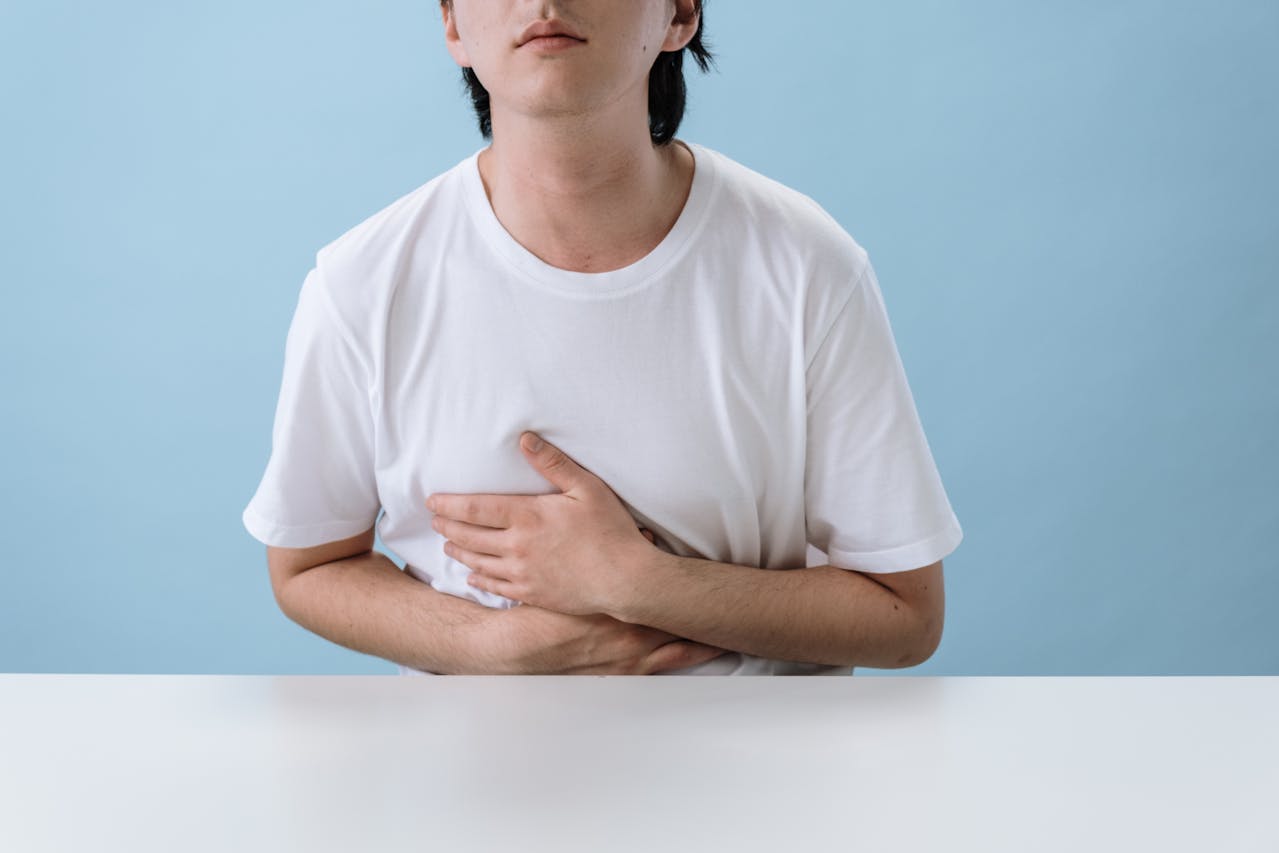Colitis is the inflammation of the colon, also known as the large intestine. It can be caused by various factors,
including infection, autoimmune reactions, and inflammatory bowel disease.
Types of colitis:
-
Infectious colitis-
It can be caused by bacterial, viral, or parasitic infections such as gastroenteritis, Clostridium
difficile infection, or amebiasis.
-
Inflammatory bowel disease-
Chronic conditions that cause inflammation and ulcers in the digestive tract. The two main types of IBD are
Crohn's disease and ulcerative colitis.
-
Ischemic colitis-
It occurs when blood flow to the colon is reduced or blocked, leading to tissue damage and inflammation. It
can result from conditions such as atherosclerosis, blood clots, or low blood pressure.
-
Microscopic colitis-
It is characterized by chronic watery diarrhea and inflammation of the colon, often diagnosed through
microscopic examination of tissue samples.
-
Chemical colitis-
It is caused by exposure to irritants or toxins such as certain medicines, enemas, or chemical agents used
in colonoscopy preparations.
Symptoms-
- Abdominal pain and cramping
- Diarrhea (which may be bloddy)
- Rectal bleeding, or bleeding stool
- Urgency to have bowel movements
- Nausea and vomiting (They’re mostly seen in infectious colitis)
- Fever (mostly seen in infectious colitis)
- Weight loss
- Fatigue
Diagnosis-
- Medical history and physical examination
- Stool test to check for infection or blood in the stool
- Blood test to access inflammation and rule out other conditions
- Colonoscopy or sigmoidoscopy to visualize the colon and obtain tissue samples for biopsy
- Imaging test such as CT scans, or MRI scans to evaluate the extent of inflammation or detect complications
Treatment-
Treatment for colitis depends on the underlying cause and the severity of the symptoms. It may include:
- Anti biotics or anti-viral medicine for infectious colitis
- Anti-inflammatory medications such as Corticosteroids, immune-modulators, or biological therapies for IBD.
- Dietary changes to reduce symptoms and promote healing
- Symptomatic reliefs with medication to control diarrhea, pain, or other symptoms
- Life style modifications such as stress management, regular exercise, and stopping of smoking
- Surgical intervention in severe cases or complications such as perforation, strictures, or toxic megacolon.
Complications-
It may include severe dehydration, electrolyte imbalance, malnutrition, colon perforation, toxic megacolon, or an
increased risk of colorectal cancer (in cases of longstanding inflammation, particularly in IBD).
